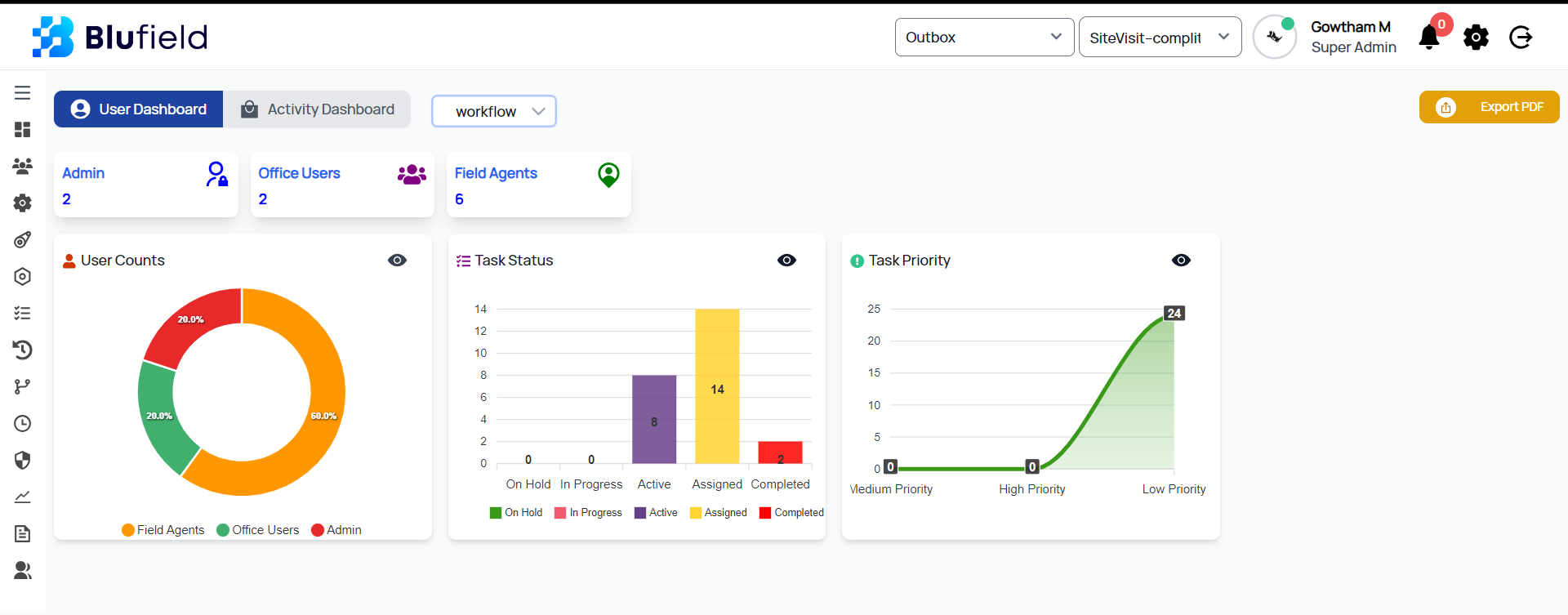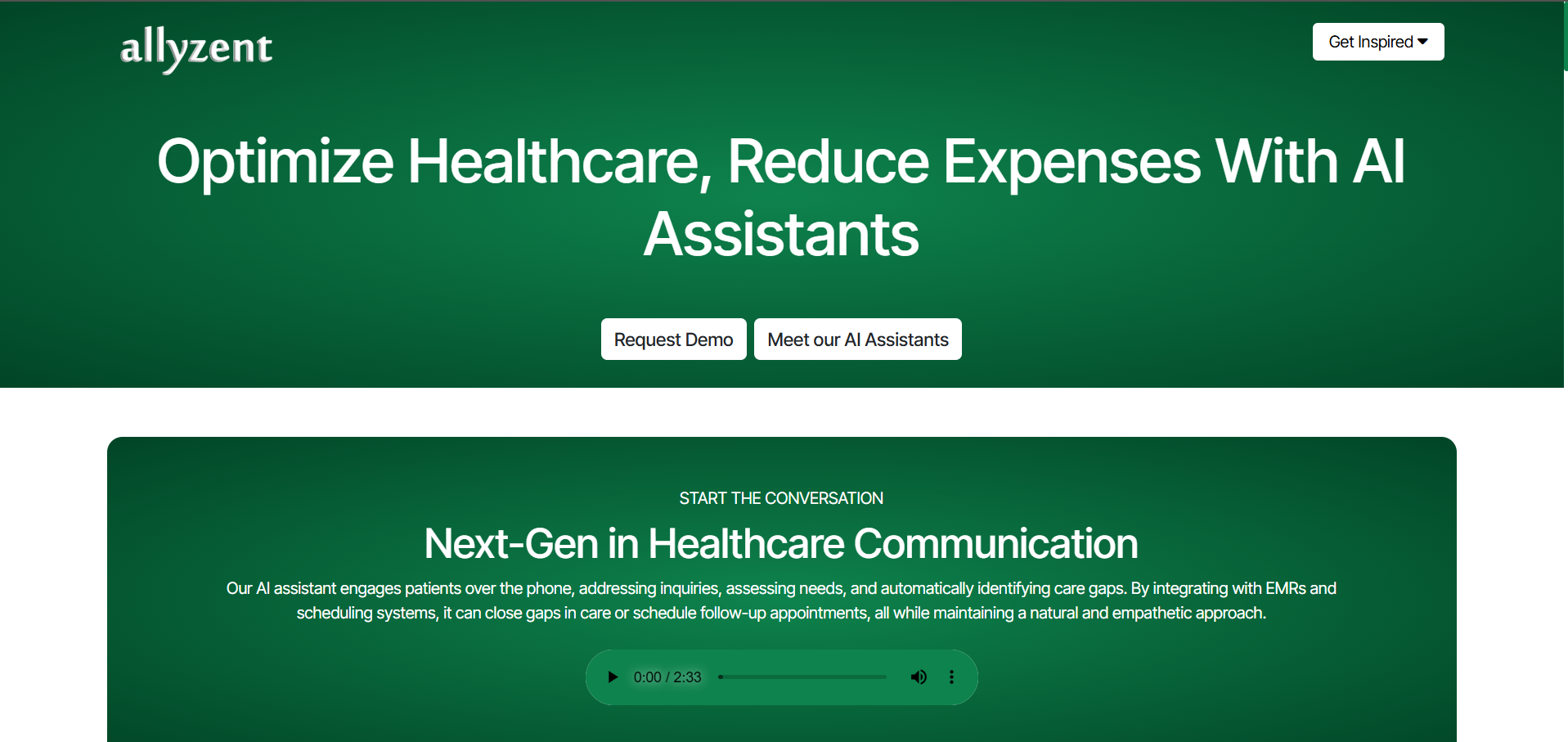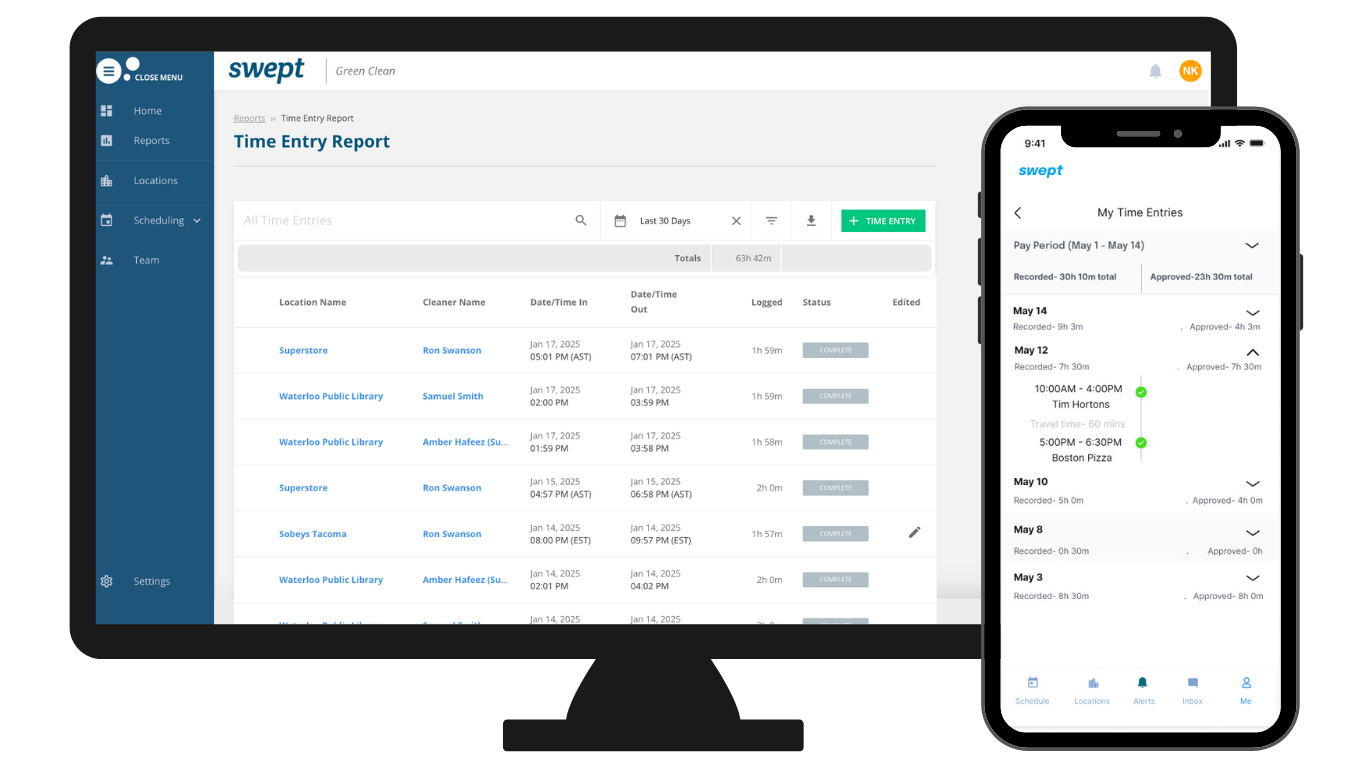Implementation of the Blue Field System for Enhanced Field Operations Management
Transforming Field Operations for ONEIC with Real-Time Task Management, Asset Tracking, and Customized Dashboards
Consult with ERP Expert →

Industry
Technology & AI-driven Branding
Services
ConsultingUI/UX DesignData Visualization & Platform Development
Build your idea
Consult your expert →About
The client ONEIC , a field service management company, required a robust solution to streamline and manage various operational activities related to task assignments, asset tracking, user roles, workflow, and task management.
Implementation of the Blue Field System for Enhanced Field Operations Management
Our Role
Development
Deployment
1
User Role Management Complexity
Implementing a multi-tier access system (Super Admin, Admin, Office User) required thorough planning to ensure each role had appropriate permissions while maintaining system security.
3
Customization Requirements
The client needed high flexibility for dashboard and report customization to cater to diverse user needs.
Challenges

2
Real-Time Task Tracking
Providing accurate, real-time updates for field tasks based on geographical data was critical to the solution’s success.
Solution Highlights

1
Dashboard Customization and User-Centric KPIs Gathered an understanding of what the walk-in customers need
Users were provided the ability to customize their dashboards, choosing relevant key performance indicators (KPIs) and activity-based charts.
The dashboard allowed for easy switching between various operational views, enabling users to monitor specific field activities (e.g., asset utilization, task completion rates).
A “Select Chart Type” button was implemented, giving users flexibility in data aggregation methods like sum, count, average, etc.
2
Map View and Task Management
The map view provided real-time visualization of field agents’ locations and tasks.
A multi-select feature enabled task assignment within specific geographical areas, optimizing field resource management.
Task detail viewing and filtering capabilities were integrated to help users focus on essential activities and streamline task assignments.


3
User Roles and Workflow Management:
Role-based access control (RBAC) ensured that super admins, admins, and office users had appropriate permissions to access and modify system features.
User files could be managed easily, allowing for role designation and personal settings.
The system allowed for user activity tracking, providing audit capabilities for task performance and accountability.
4
Reports and Data Analysis:
The reporting module allowed for the generation of customized reports, including performance metrics, operational reports, and task completion data.
- Data analysis tools were introduced, enabling the extraction of actionable insights through trend analysis and visualizations.


3
Asset Management
A dedicated asset management section enabled users to track the location, status, and utilization of physical assets such as vehicles and equipment.
Features for assigning assets to tasks and users ensured optimal utilization of resources.
Asset maintenance schedules were tracked to minimize downtime and ensure efficient resource allocation.
6
Settings and Notifications:
The system settings provided options for personalizing the user experience, such as interface preferences, notification settings, and language choices.
Notification preferences allowed users to control how and when they received alerts, focusing on task-related updates or critical reminders.

Mind Speller
Mindspeller is a pioneering AI-driven platform that enables businesses to craft impactful, data-driven brand strategies.


